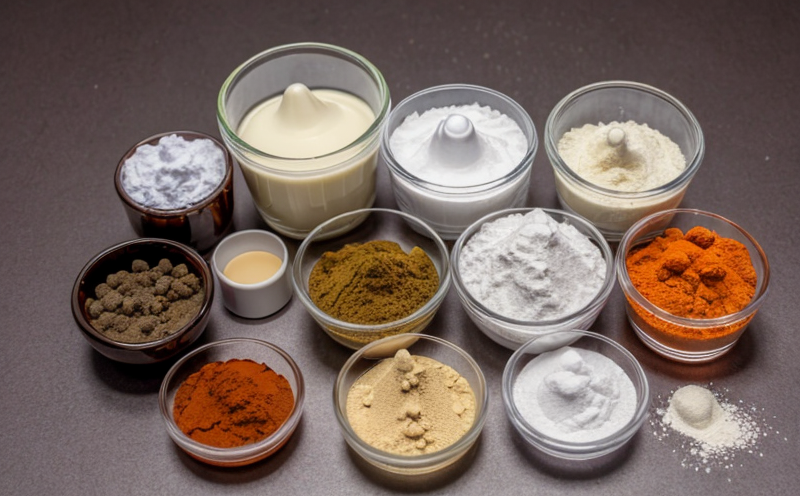Tapped Density Testing
In pharmaceutical testing, tapped density is a crucial parameter that evaluates the flowability of excipients and formulation ingredients. This property directly impacts the manufacturing process, particularly in the production of tablets and capsules where uniformity, efficiency, and reproducibility are paramount.
The tapped density test measures how tightly particles pack together when subjected to external force—most commonly a tapping machine. The primary objective is to quantify the degree of particle compaction, which affects several critical aspects:
- Flowability: How easily particles can flow through conveying systems.
- Degree of agglomeration: Whether individual particles are tightly bound into larger aggregates.
- Packaging density: The space occupied by the material in its final container, affecting storage efficiency and logistics.
Understanding tapped density is essential for ensuring product quality and regulatory compliance. For instance, excipients like microcrystalline cellulose or lactose monohydrate often have specific tapped density requirements to ensure they meet the flowability criteria necessary for automated processing in pharmaceutical manufacturing.
The testing process involves several steps: First, a precise amount of sample is placed into a cylindrical container. The container is then tapped repeatedly using a mechanical device until the particles settle and pack tightly. The volume occupied by the packed material is measured before and after tapping. The difference provides the tapped density in grams per cubic centimeter (g/cm³).
Theoretical considerations play a significant role in interpreting these results. According to ISO 15783, the tapped density should be consistent across samples of the same excipient type to ensure batch-to-batch consistency. This consistency is critical for pharmaceutical manufacturers aiming to maintain product quality and reliability.
Understanding the tapped density helps in optimizing production processes. For example, a higher tapped density may indicate better particle packing, which can reduce the risk of flow blockages during manufacturing but might also increase processing time. Conversely, a lower tapped density suggests less dense packing, potentially leading to easier handling and improved flowability.
Given its importance in pharmaceutical testing, it is essential to use appropriate equipment for accurate measurements. Instruments like the Tapped Density Tester (TDT) are designed specifically for this purpose. These devices ensure precision and repeatability, which are crucial for reliable results.
Industry Applications
| Application | Description |
|---|---|
| Tablet Manufacturing | Tapped density tests help ensure that excipients and active pharmaceutical ingredients (APIs) have the correct flow characteristics, preventing production line blockages. |
| Powder Blending | Consistent tapped densities of individual components contribute to uniform blends, which is essential for the reproducibility and quality of final products. |
| Flowability Optimization | Tapped density data aids in optimizing flow properties, reducing issues like caking or bridging during storage and handling. |
Eurolab Advantages
At Eurolab, our expertise in tapped density testing is unparalleled. Our state-of-the-art facilities are equipped with advanced TDT machines that ensure accurate and precise measurements every time.
We employ a team of highly skilled professionals who understand the intricacies of pharmaceutical excipients and formulation ingredients. This knowledge allows us to provide accurate interpretations of test results, ensuring they align perfectly with your specific requirements and standards such as ISO 15783.
Our commitment to quality is reflected in our adherence to international best practices. We regularly calibrate our equipment to maintain the highest level of accuracy and reliability. This ensures that any discrepancies are minimized, giving you confidence in the integrity of your test results.
In addition to precision measurements, Eurolab offers comprehensive reporting services. Our detailed reports include all relevant data points, providing a clear picture of tapped density characteristics. This information is invaluable for quality control and compliance purposes.
Quality and Reliability Assurance
- Data Accuracy: Our TDT machines are calibrated to ensure consistent, accurate measurements.
- Repeatability: Tests can be consistently replicated for batch-to-batch consistency.
- Compliance: Results align with international standards such as ISO 15783.
- Expertise: Our team has extensive experience in pharmaceutical testing, providing in-depth analysis of results.





